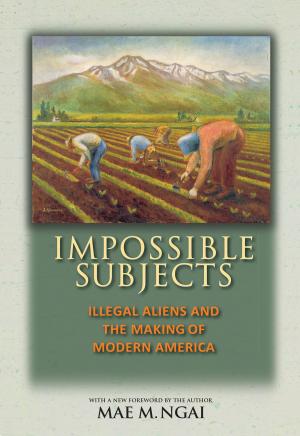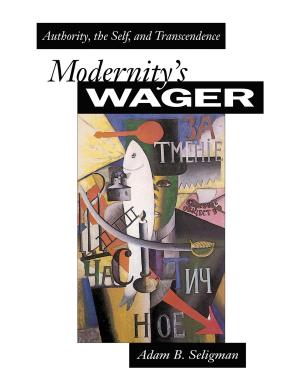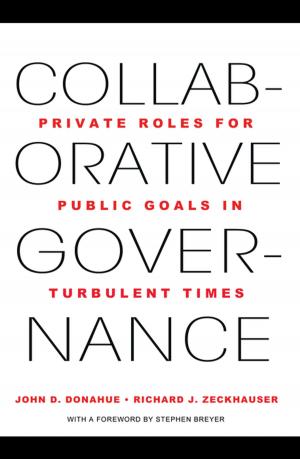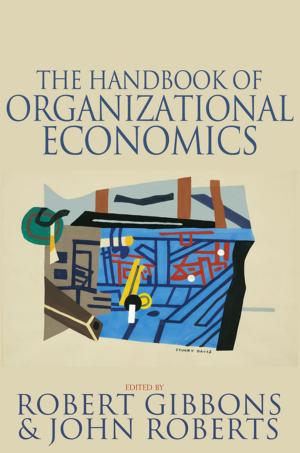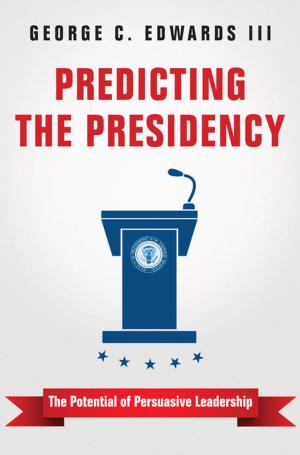America in Italy
The United States in the Political Thought and Imagination of the Risorgimento, 1763–1865
Nonfiction, History, Italy, Americas| Author: | Axel Körner | ISBN: | 9781400887811 |
| Publisher: | Princeton University Press | Publication: | June 13, 2017 |
| Imprint: | Princeton University Press | Language: | English |
| Author: | Axel Körner |
| ISBN: | 9781400887811 |
| Publisher: | Princeton University Press |
| Publication: | June 13, 2017 |
| Imprint: | Princeton University Press |
| Language: | English |
America in Italy examines the influence of the American political experience on the imagination of Italian political thinkers between the late eighteenth century and the unification of Italy in the 1860s. Axel Körner shows how Italian political thought was shaped by debates about the American Revolution and the U.S. Constitution, but he focuses on the important distinction that while European interest in developments across the Atlantic was keen, this attention was not blind admiration. Rather, America became a sounding board for the critical assessment of societal changes at home.
Many Italians did not think the United States had lessons to teach them and often concluded that life across the Atlantic was not just different but in many respects also objectionable. In America, utopia and dystopia seemed to live side by side, and Italian references to the United States were frequently in support of progressive or reactionary causes. Political thinkers including Cesare Balbo, Carlo Cattaneo, Giuseppe Mazzini, and Antonio Rosmini used the United States to shed light on the course of their nation's political resurgence. Concepts from Montesquieu, Rousseau, and Vico served to evaluate what Italians discovered about America. Ideas about American "domestic manners" were reflected and conveyed through works of ballet, literature, opera, and satire.
Transcending boundaries between intellectual and cultural history, America in Italy is the first book-length examination of the influence of America's political formation on modern Italian political thought.
America in Italy examines the influence of the American political experience on the imagination of Italian political thinkers between the late eighteenth century and the unification of Italy in the 1860s. Axel Körner shows how Italian political thought was shaped by debates about the American Revolution and the U.S. Constitution, but he focuses on the important distinction that while European interest in developments across the Atlantic was keen, this attention was not blind admiration. Rather, America became a sounding board for the critical assessment of societal changes at home.
Many Italians did not think the United States had lessons to teach them and often concluded that life across the Atlantic was not just different but in many respects also objectionable. In America, utopia and dystopia seemed to live side by side, and Italian references to the United States were frequently in support of progressive or reactionary causes. Political thinkers including Cesare Balbo, Carlo Cattaneo, Giuseppe Mazzini, and Antonio Rosmini used the United States to shed light on the course of their nation's political resurgence. Concepts from Montesquieu, Rousseau, and Vico served to evaluate what Italians discovered about America. Ideas about American "domestic manners" were reflected and conveyed through works of ballet, literature, opera, and satire.
Transcending boundaries between intellectual and cultural history, America in Italy is the first book-length examination of the influence of America's political formation on modern Italian political thought.




